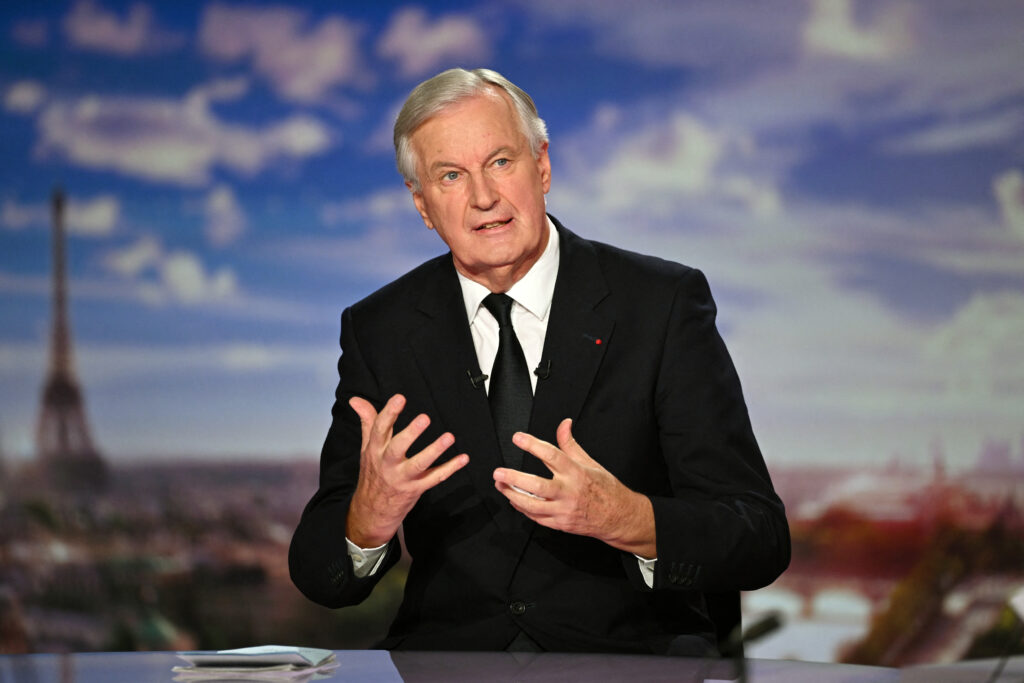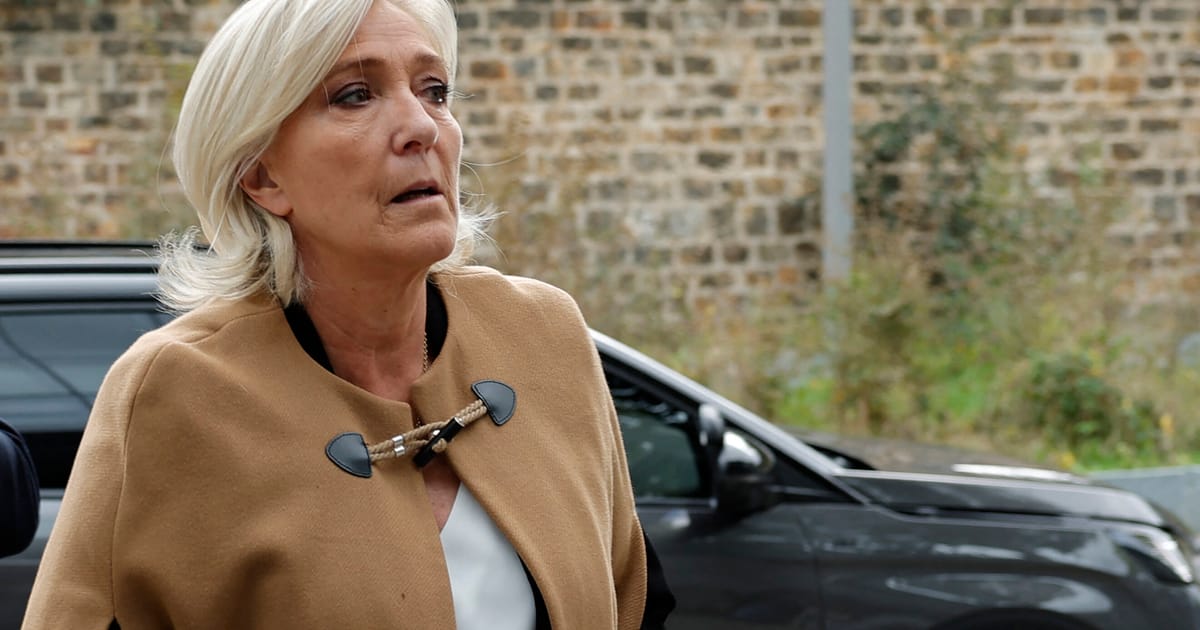“If tomorrow the government collapses over the budget, there will immediately be a financial crisis,” Interior Minister Bruno Retailleau warned. “Don’t think that France is shielded.”
 The far-right politician and her National Rally party are weighing whether to vote against Prime Minister Michel Barnier’s budget. | Pool photo by Julie Sebadelha via Getty Images
The far-right politician and her National Rally party are weighing whether to vote against Prime Minister Michel Barnier’s budget. | Pool photo by Julie Sebadelha via Getty Images
A decade ago, huge public debt in Greece almost toppled the single-currency eurozone. It exposed how crises couldn’t be contained in a single country, and it didn’t take much for the economies and banking systems of Portugal, Ireland and Spain to start teetering. Even big nations like France and Italy, so important to the health of the bloc, felt the heat.
But back then, Germany was strong under its chancellor, Angela Merkel. It could afford to bail out struggling allies and had the political capital to steady the ship. That’s now no longer the case, with the German economy in disarray and its government beleaguered.
Volkswagen, Europe’s largest carmaker, has announced the first plant closures in its history, which could result in 30,000 jobs lost after a 42 percent drop in quarterly profits. Steelmaker ThyssenKrupp also announced on Monday it could shed up to 11,000 jobs by 2030. Thousands more are set to go at Bosch and Ford.
The European Central Bank warned last week that the bloc could be on the brink of a new eurozone debt crisis because of low growth and policy uncertainty.
Embezzlement trial
Le Pen, who is preparing to run for French president in 2027, has criticized Barnier’s budget, which is aimed at saving €60 billion, for its planned higher taxes on electricity, and its proposed delay to the inflation adjustment for pensions. She has also railed against its failure to cut spending on bureaucracy and medical aid for migrants.
